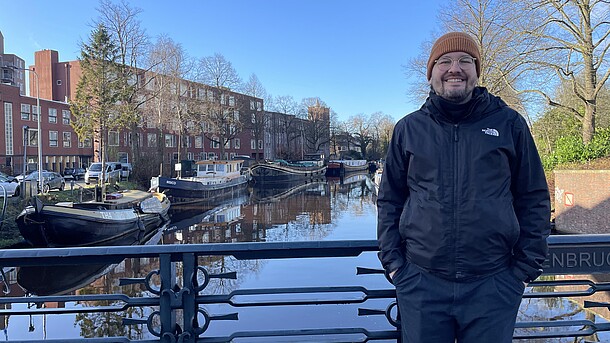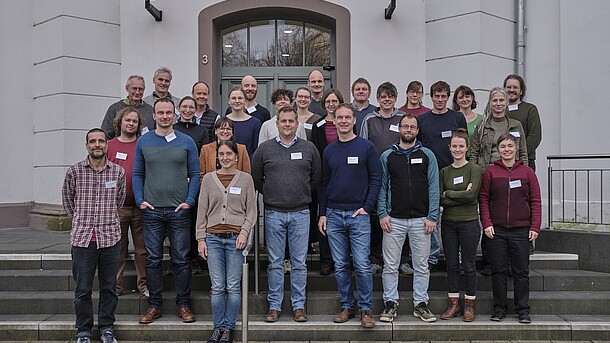In the courses offered by our research group, we analyze human-environment systems from the perspective of the social and behavioral sciences. Students gain knowledge about the socio-economic and psychological determinants of environmentally relevant decisions and expand their understanding of available environmental policy and planning concepts and instruments.
In addition, we provide training in quantitative methods of empirical social research. Students learn how to measure planning-relevant behavior and how to empirically assess the impact of individual planning and policy measures. This way students gain practical knowledge about the prerequisites for successful and sustainable planning.
The study projects offered by the research group are linked to the TransferHub "Behavioral Design for Sustainability". Here, the focus is on case-specific research and investigation. In the practical work, we examine how insights from the behavioral sciences can be utilized to strengthen common-good and sustainability-oriented behavior. In collaboration with practice partners, real environmental issues are investigated and behaviorally informed solution concepts are developed. The transdisciplinary learning concept combines the applied training of students with the practical support for sustainability-oriented action at the university and in the Hannover region.
Active participation, critical reflection, inclusion, and collaboration in joint learning are expected and further encouraged in all courses.








